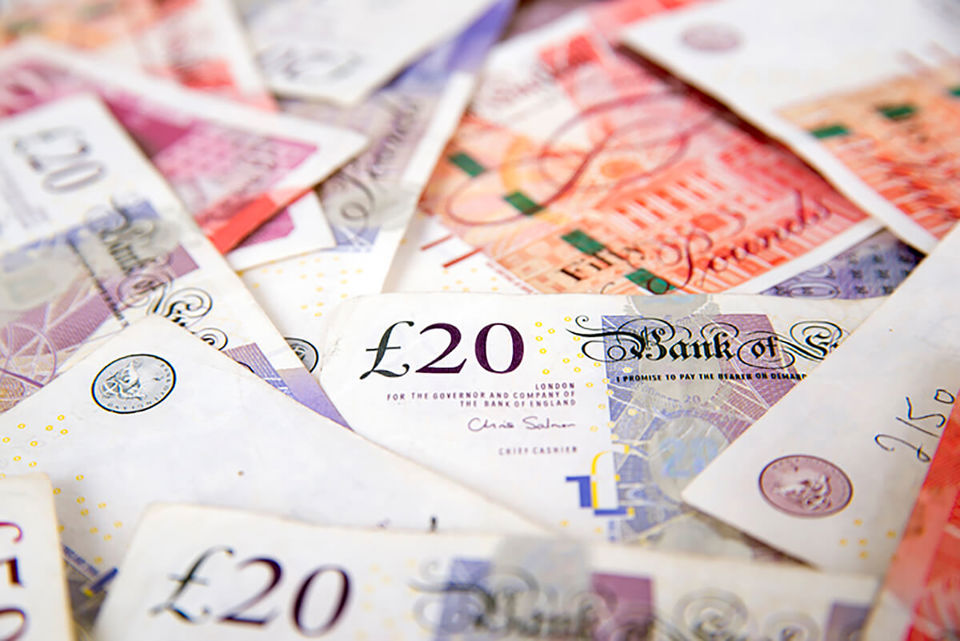A leading accountancy firm has contradicted the views of many fleets by claiming that cash allowance schemes could rise in popularity as a result of planned Government changes to the benefit-in-kind (BIK) tax system from April 2015.
A tightening of BIK tax rates was announced in the spring Budget alongside the ending of special tax breaks for electric and low emission cars.
Those changes, says KPMG tax partner Harvey Perkins, mean that BIK tax bills for employees opting for company cars will rise significantly.
As well as hitting company car drivers, there are fears that the new rules will hamper the Government’s bid to encourage the take-up of zero and low emission cars.
That concern has already been voiced by the British Vehicle Rental and Leasing Association, which has assembled a ‘Business Car Taxation Taskforce’ to develop lobbying strategies and technical arguments against the tax changes.
Chief executive John Lewis said: “Tax incentives for reducing fleet emissions have worked too well and the Government is worried about falling revenues. But these measures are ill-advised, unfair and over aggressive.”
From April 2015, the five-year exemption for zero carbon and ultra low carbon emission vehicles will come to an end.
The appropriate percentage for zero emission and low carbon vehicles will be 13% from April 2015 and will rise to 15% in 2016/17.
Perkins said: “We could see a shift away from company cars, including those funded via salary sacrifice, if the new rules are introduced.”
Perkins continued: “In recent years vehicle CO2 emissions have been falling faster than BIK tax rates have been increasing while income tax rates have stood still. Therefore, the company car has become more attractive than cash.
“A decade ago it was worth employers and employees doing the maths to see whether they were financially better to take cash or car.
More follows on page two...

















PremierBlue - 05/09/2012 12:14
Sorry, but I don't see a rush to cash as a result of the published BIK increases, especially as manufacturers have more than met these boundaries over the last few years. With EC targets for a new car 'average' CO2 of 95g/km by 2020, it's even arguable that the ramp isn't steep enough. In truth, Company Car Tax is lower than it's been for many years for the average driver, and the company car will remain a valuable car benefit for many years to come. Sure, there will be some who are better off taking cash or taking an ECO option (if in a blended scheme for example), but there is absolutely no chance that these alternatives will be better than the company car in the majority of cases. CCT issues are for fleet managers to deal with and they are more than capable of meeting this challenge in my experience.